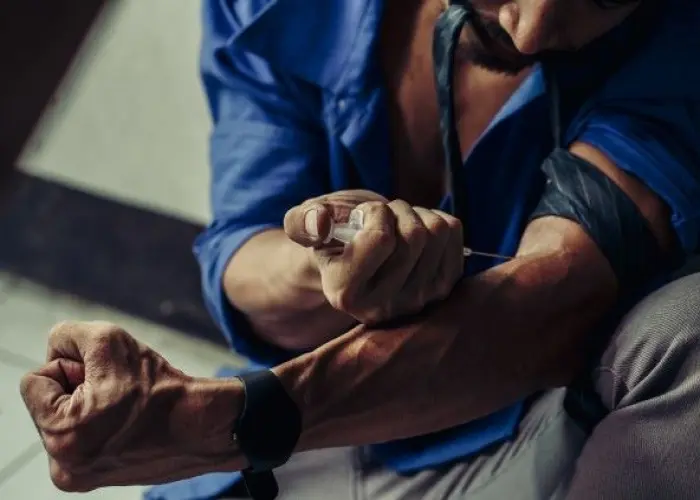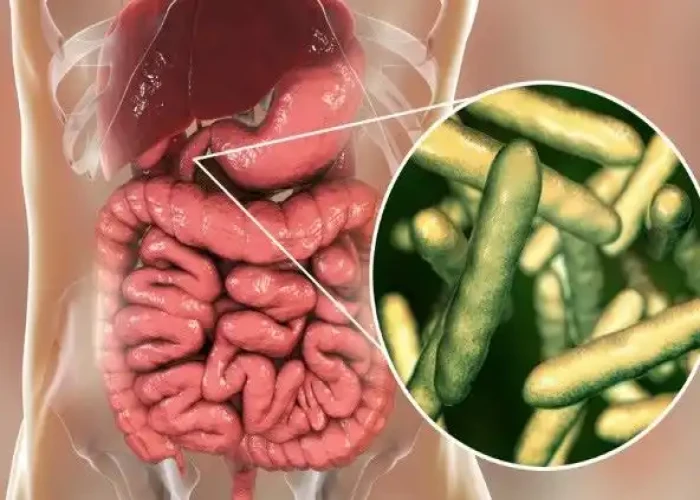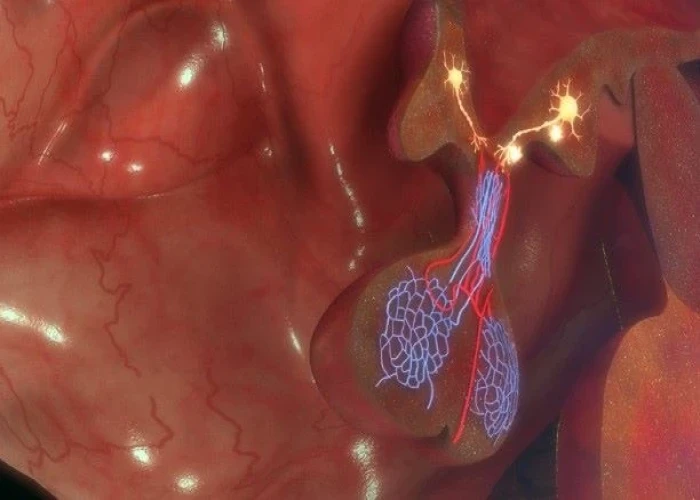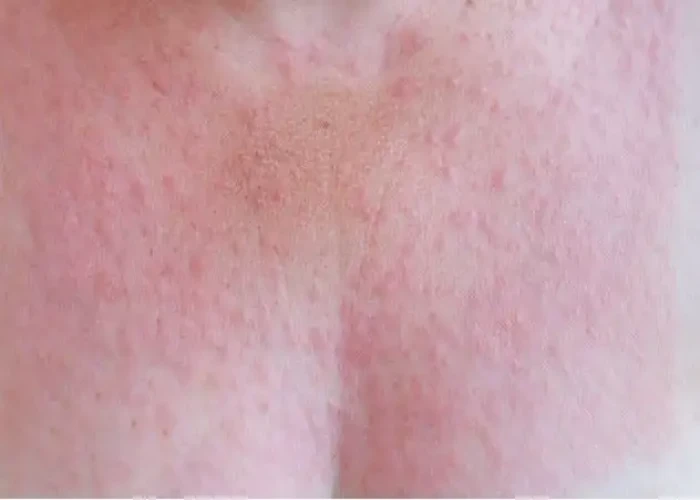 Welcome
Welcome
“May all be happy, may all be healed, may all be at peace and may no one ever suffer."
Drug addiction (substance use disorder)

Drug addiction, also known as substance use disorder (SUD), is a chronic condition characterized by compulsive drug seeking and use despite the harmful consequences that result from drug use. Substance use disorder can involve the use of various substances, including but not limited to opioids, alcohol, cocaine, amphetamines, marijuana, and nicotine.
Drug addiction is a complex disease that affects the brain and body in various ways. It is often caused by a combination of genetic, environmental, and social factors, and can lead to significant health problems, such as heart disease, liver damage, and mental health disorders.
The symptoms of substance use disorder can vary depending on the drug used and the severity of the addiction. Common symptoms include:
- A strong desire to use drugs
- Difficulty controlling drug use
- Continued drug use despite negative consequences
- Tolerance to the drug's effects, requiring higher doses to achieve the desired effect
- Withdrawal symptoms when the drug use is stopped
Treatment for substance use disorder typically involves a combination of medications, behavioral therapy, and support services. It is important for people struggling with addiction to seek professional help, as drug addiction is a chronic condition that can be difficult to overcome on their own.
Research Papers
Disease Signs and Symptoms
- High blood pressure (hypertension)
- Dizziness (vertigo)
- Strong sexual arousal
- Nausea or vomiting
- Confusion (Hallucinations)
- Decreased mental sharpness
- Anxiety
- Dry mouth
- Red eyes (conjunctivitis)
- Drug addiction
Disease Causes
Drug addiction (substance use disorder)
Like many mental health disorders, several factors may contribute to development of drug addiction. The main factors are:
- Environment. Environmental factors, including your family's beliefs and attitudes and exposure to a peer group that encourages drug use, seem to play a role in initial drug use.
- Genetics. Once you've started using a drug, the development into addiction may be influenced by inherited (genetic) traits, which may delay or speed up the disease progression.
Changes in the brain
Physical addiction appears to occur when repeated use of a drug changes the way your brain feels pleasure. The addicting drug causes physical changes to some nerve cells (neurons) in your brain. Neurons use chemicals called neurotransmitters to communicate. These changes can remain long after you stop using the drug.
Disease Prevents
Drug addiction (substance use disorder)
The best way to prevent an addiction to a drug is not to take the drug at all. If your doctor prescribes a drug with the potential for addiction, use care when taking the drug and follow the instructions provided by your doctor.
Doctors should prescribe these medications at safe doses and amounts and monitor their use so that you're not given too great a dose or for too long a time. If you feel you need to take more than the prescribed dose of a medication, talk to your doctor.
Preventing drug misuse in children and teenagers
Take these steps to help prevent drug misuse in your children and teenagers:
- Communicate. Talk to your children about the risks of drug use and misuse.
- Listen. Be a good listener when your children talk about peer pressure, and be supportive of their efforts to resist it.
- Set a good example. Don't misuse alcohol or addictive drugs. Children of parents who misuse drugs are at greater risk of drug addiction.
- Strengthen the bond. Work on your relationship with your children. A strong, stable bond between you and your child will reduce your child's risk of using or misusing drugs.
Preventing a relapse
Once you've been addicted to a drug, you're at high risk of falling back into a pattern of addiction. If you do start using the drug, it's likely you'll lose control over its use again — even if you've had treatment and you haven't used the drug for some time.
- Stick with your treatment plan. Monitor your cravings. It may seem like you've recovered and you don't need to keep taking steps to stay drug-free. But your chances of staying drug-free will be much higher if you continue seeing your therapist or counselor, going to support group meetings and taking prescribed medication.
- Avoid high-risk situations. Don't go back to the neighborhood where you used to get your drugs. And stay away from your old drug crowd.
- Get help immediately if you use the drug again. If you start using the drug again, talk to your doctor, your mental health professional or someone else who can help you right away.
Disease Treatments
Although there's no cure for drug addiction, treatment options explained below can help you overcome an addiction and stay drug-free. Your treatment depends on the drug used and any related medical or mental health disorders you may have. Long-term follow-up is important to prevent relapse.
Chemical dependence treatment programs
Treatment programs usually offer:
- Individual, group or family therapy sessions
- A focus on understanding the nature of addiction, becoming drug-free and preventing relapse
- Levels of care and settings that vary depending on your needs, such as outpatient, residential and inpatient programs
Detoxification
The goal of detoxification, also called "detox" or withdrawal therapy, is to enable you to stop taking the addicting drug as quickly and safely as possible. For some people, it may be safe to undergo withdrawal therapy on an outpatient basis. Others may need admission to a hospital or a residential treatment center.
Withdrawal from different categories of drugs — such as depressants, stimulants or opioids — produces different side effects and requires different approaches. Detox may involve gradually reducing the dose of the drug or temporarily substituting other substances, such as methadone, buprenorphine, or a combination of buprenorphine and naloxone.
Opioid overdose
In an opioid overdose, naloxone, an opioid antagonist, can be given by emergency responders, or in some states, by anyone who witnesses an overdose. Naloxone temporarily reverses the effects of opioid drugs.
While naloxone has been on the market for years, delivery systems such as Narcan (a naloxone nasal spray) and Evzio (a naloxone injection device) are now available, though they can be very expensive.
Evzio is a small injection device that provides voice instructions to guide the user and automatically insert the needle into the thigh to deliver the naloxone injection. Whatever the method of delivery, seek immediate medical care after using naloxone.
Behavior therapy
As part of a drug treatment program, behavior therapy — a form of psychotherapy — can be done by a psychologist or psychiatrist, or you may receive counseling from a licensed alcohol and drug counselor. Therapy and counseling may be done with an individual, a family or a group. The therapist or counselor can:
- Help you develop ways to cope with your drug cravings
- Suggest strategies to avoid drugs and prevent relapse
- Offer suggestions on how to deal with a relapse if it occurs
- Talk about issues regarding your job, legal problems, and relationships with family and friends
- Include family members to help them develop better communication skills and be supportive
- Address other mental health conditions
Self-help groups
Many, though not all, self-help support groups use the 12-step model first developed by Alcoholics Anonymous. Self-help support groups, such as Narcotics Anonymous, help people who are addicted to drugs.
The self-help support group message is that addiction is a chronic disorder with a danger of relapse. Self-help support groups can decrease the sense of shame and isolation that can lead to relapse.
Your therapist or licensed counselor can help you locate a self-help support group. You may also find support groups in your community or on the internet.
Disease Diagnoses
Disease Allopathic Generics
Disease Ayurvedic Generics
Disease Homeopathic Generics
Disease yoga
Drug addiction (substance use disorder) and Learn More about Diseases

Broken ribs

Autism spectrum disorder

Peyronie's disease

Whipple's disease

Dementia

Pituitary tumors

Sun allergy

Pouchitis
drug addiction, substance use disorder, মাদকাসক্তি, পদার্থের ব্যবহার ব্যাধি
To be happy, beautiful, healthy, wealthy, hale and long-lived stay with DM3S.
